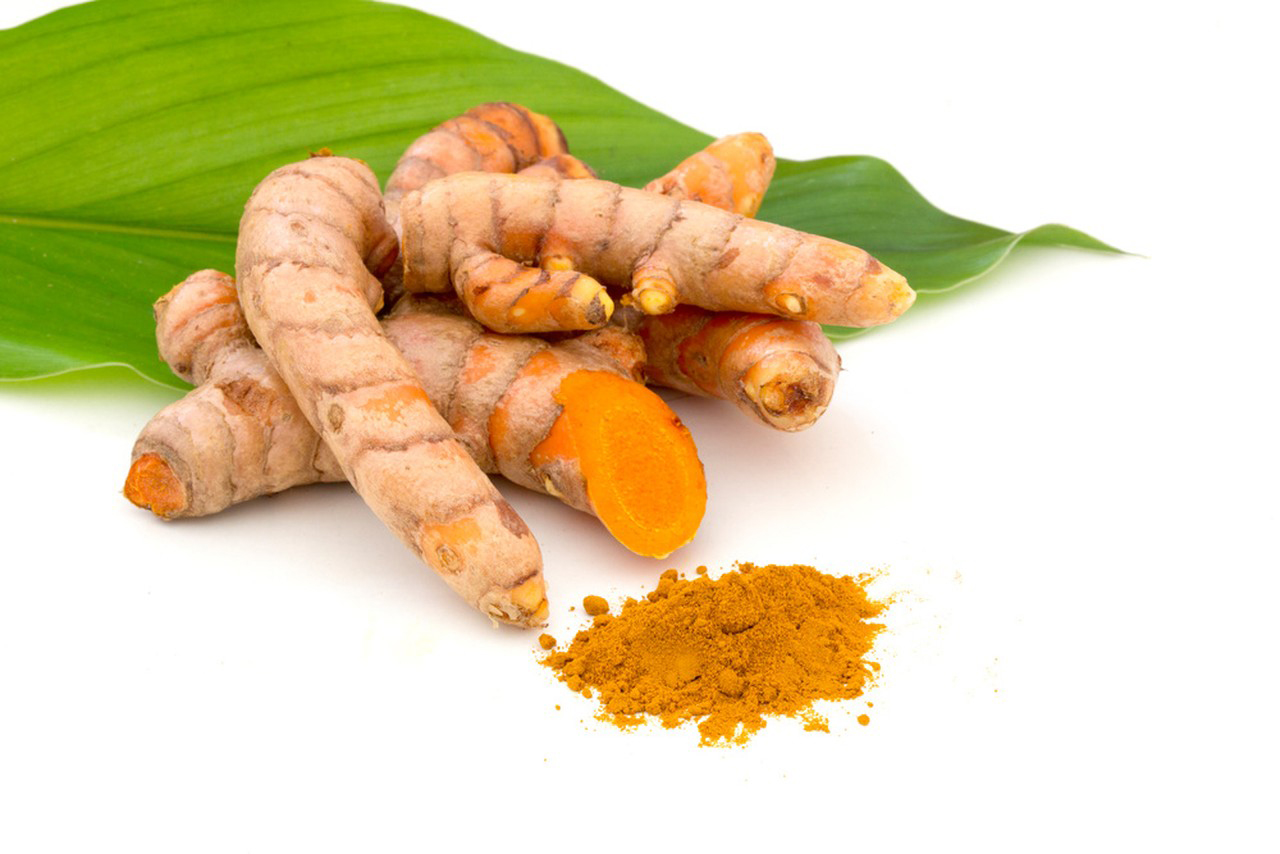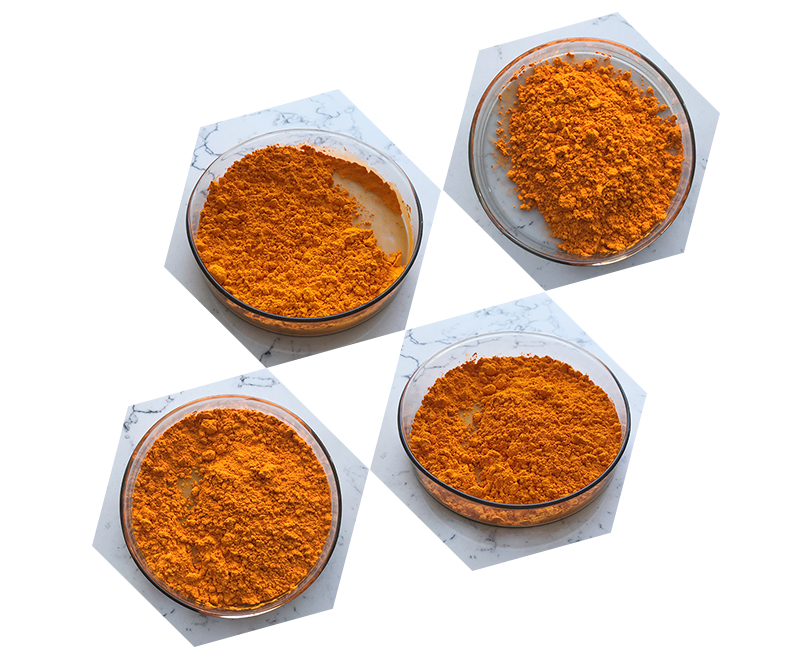Curcumin is a natural compound found in turmeric, a spice commonly used in Indian cuisine. It has gained significant attention for its potential health benefits and therapeutic applications. Curcumin is known for its anti-inflammatory, antioxidant, and anti-cancer properties.
Applications of Curcumin

Anti-Inflammatory Effects: Curcumin has been extensively studied for its anti-inflammatory properties. It can inhibit various molecules and enzymes involved in the inflammatory response, potentially reducing the symptoms of chronic inflammatory conditions like arthritis, inflammatory bowel disease, and others.
Antioxidant Activity: Curcumin is a potent antioxidant, meaning it helps protect cells from damage caused by free radicals. This property is believed to contribute to its potential benefits in preventing chronic diseases and slowing down the aging process.
Cancer Prevention and Treatment: Numerous studies have suggested that curcumin might have anti-cancer effects. It can interfere with the growth, development, and spread of cancer cells by targeting multiple pathways. However, its efficacy as a standalone treatment is still being researched, and it’s more commonly studied as an adjunct therapy alongside conventional cancer treatments.
Neuroprotective Effects: Curcumin has been investigated for its potential role in protecting brain health. It may cross the blood-brain barrier and exhibit neuroprotective properties, potentially reducing the risk of neurodegenerative diseases like Alzheimer’s and Parkinson’s.
Cardiovascular Health: Some research indicates that curcumin could have a positive impact on heart health by improving blood vessel function, reducing inflammation, and potentially lowering the risk of heart disease.
Gastrointestinal Health: Curcumin has been explored for its benefits in managing various gastrointestinal issues. It might help alleviate symptoms of irritable bowel syndrome (IBS) and other digestive disorders.
Skin Health: The anti-inflammatory and antioxidant properties of curcumin make it a candidate for managing skin conditions like psoriasis, eczema, and acne. It could help reduce inflammation and promote healing.
Joint Health: Curcumin’s anti-inflammatory effects could benefit individuals with joint-related conditions such as osteoarthritis and rheumatoid arthritis by reducing pain and stiffness.
Diabetes Management: Some studies suggest that curcumin might help improve insulin sensitivity and reduce blood sugar levels in people with diabetes.
Mood and Mental Health: Emerging research has looked into curcumin’s potential role in supporting mood and mental health. It may have antidepressant and anxiolytic effects, although more research is needed in this area.

It’s important to note that while curcumin holds promise for a wide range of health benefits, its bioavailability (the extent to which it can be absorbed and utilized by the body) is limited. Consuming curcumin with black pepper, which contains piperine, can enhance its absorption. Additionally, curcumin supplements are available, but it’s advisable to consult a healthcare professional before starting any new supplement regimen, especially if you have pre-existing health conditions or are taking medications.
As of my last update in September 2021, research into curcumin’s applications is ongoing, and new findings might have emerged since then. Always refer to the latest scientific literature and consult healthcare professionals for the most up-to-date and accurate information.
